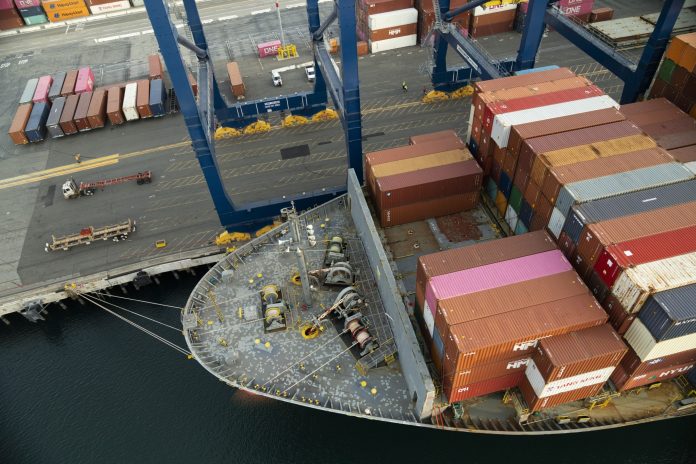NEW DELHI, Feb 4: India has sought greater market access for certain products such as steel, rice, and shrimp from South Korea with a view to boost exports of these goods, an official said.
These are part of the negotiations, which are underway, for the upgradation of the existing free trade agreement between the two countries, which is officially dubbed as comprehensive economic partnership agreement (CEPA).
The agreement was operationalised in January 2010. The 10th round of upgradation talks are underway here.
“We are asking for greater market access for products such as steel, rice and shrimp,” the official said.
In the meeting, India has flagged issues over Korean firms not buying Indian steel.
“Korean firms in India also place orders from their local firms in Korea, so this is a double whammy for Indian companies. The Korean side has asked for an increase in price competitiveness here,” the official added.
On rice, there is a tariff rate quota of five lakh tonnes in Korea. Under this, they have given a quota of 4.8 lakh tonnes to five countries — China, Australia, the US, Thailand and Vietnam — and the rest of the countries have a quota of only 20,000 tonnes.
“India is in the others category. So we are demanding either to put India in the country’s specific category or increase our quota. South Korea has an import duty of 513 per cent on rice,” the official said, adding on shrimp, there is an import duty of 5 per cent.
On the other hand, Korea wants greater access in sectors such as auto components and chemicals.
The ninth round of India-Korea CEPA upgradation negotiation was held in Seoul from November 3-4, 2022.
Both sides shared the hope that the CEPA upgradation negotiations would play an important role in strengthening and deepening economic cooperation between both countries.
India raised serious concerns on the growing trade deficit between the two countries. India’s exports to that county stood at USD 6.65 billion in 2022-23 as against USD 8 billion in 2021-22. The imports, however, were USD 21.22 billion in 2022-23 and USD 17.5 billion in 2021-22. (PTI)


